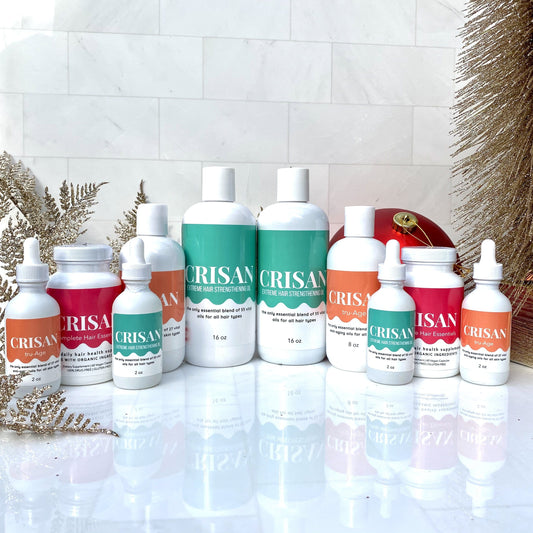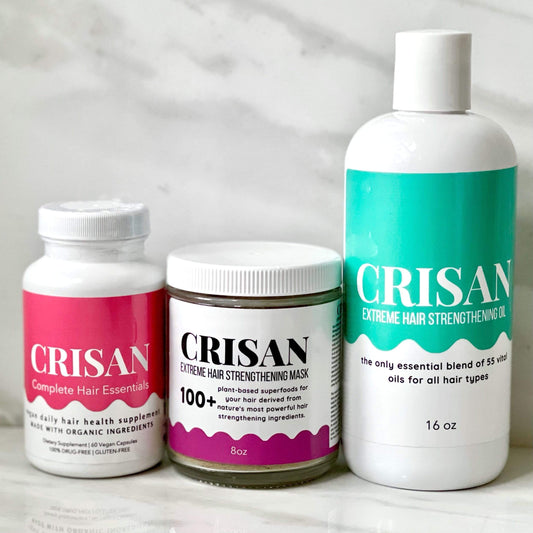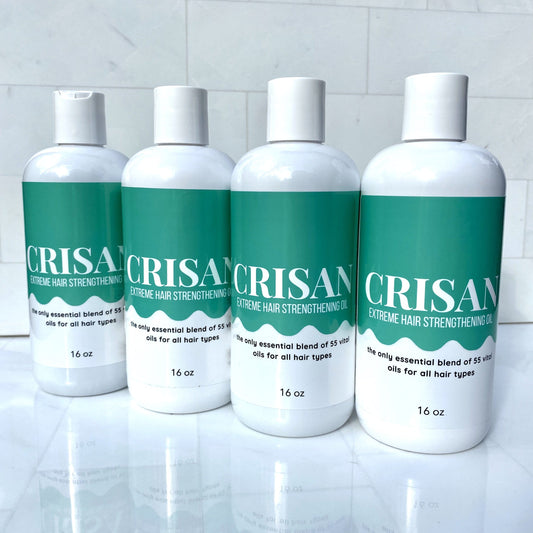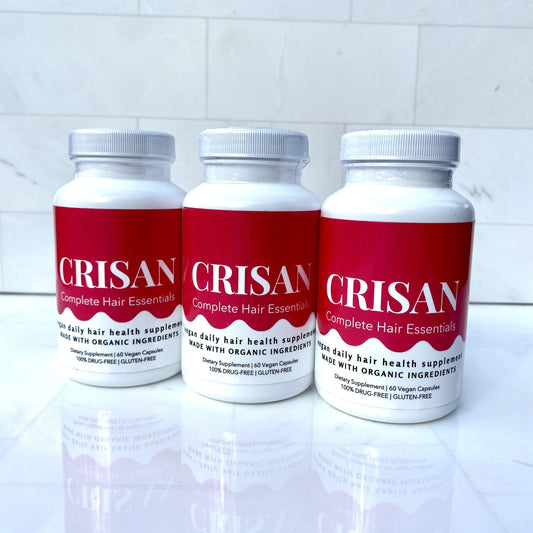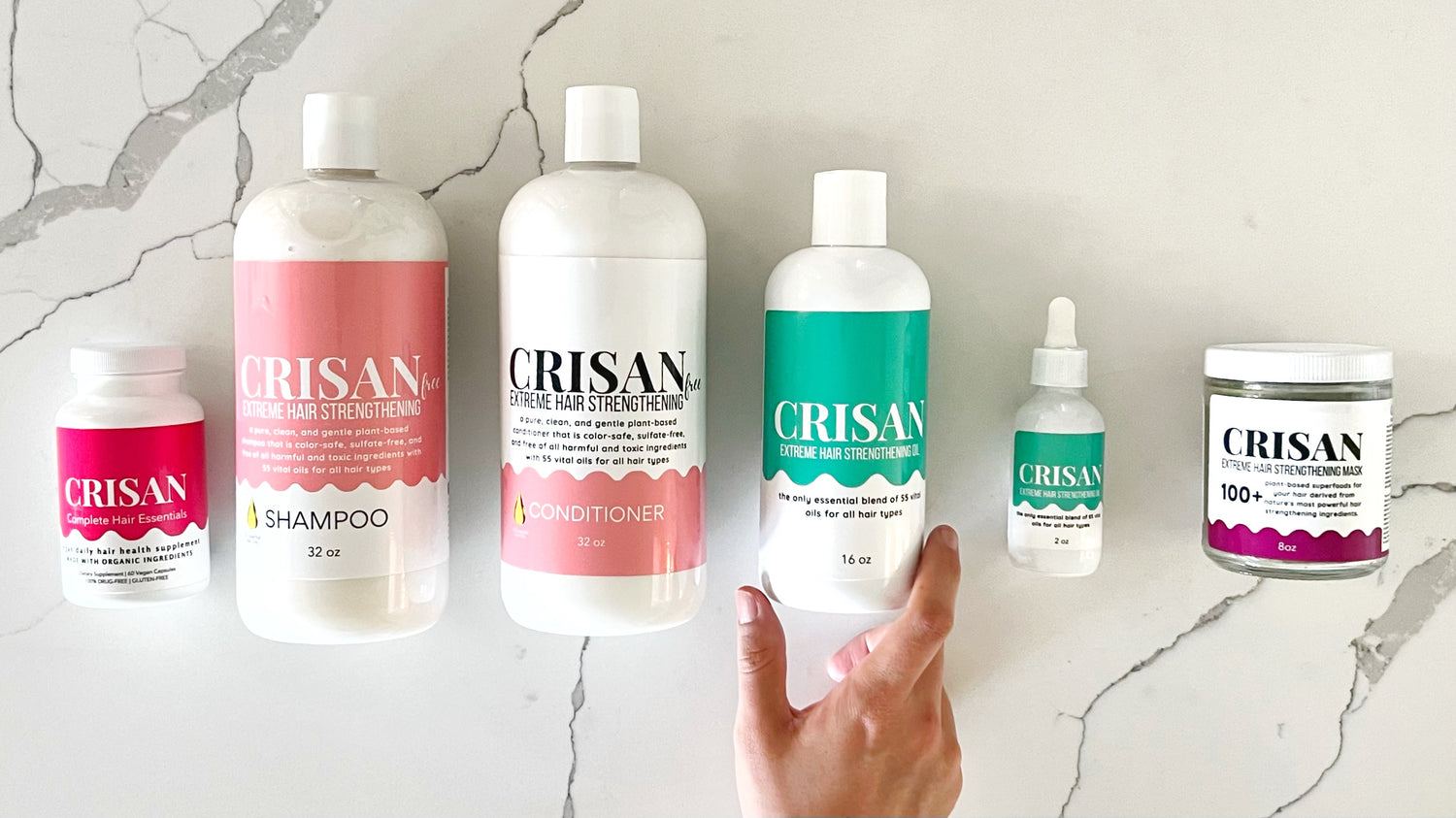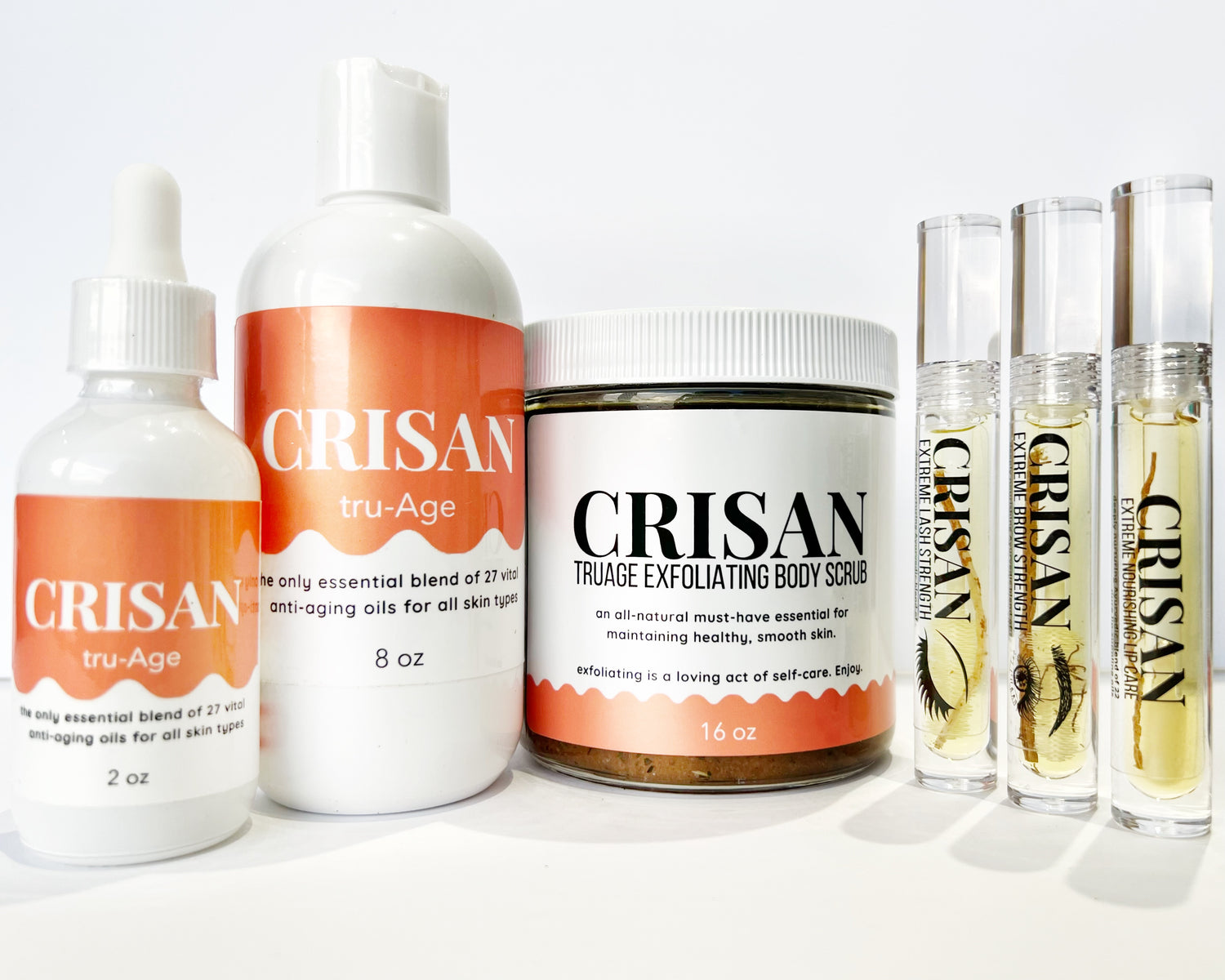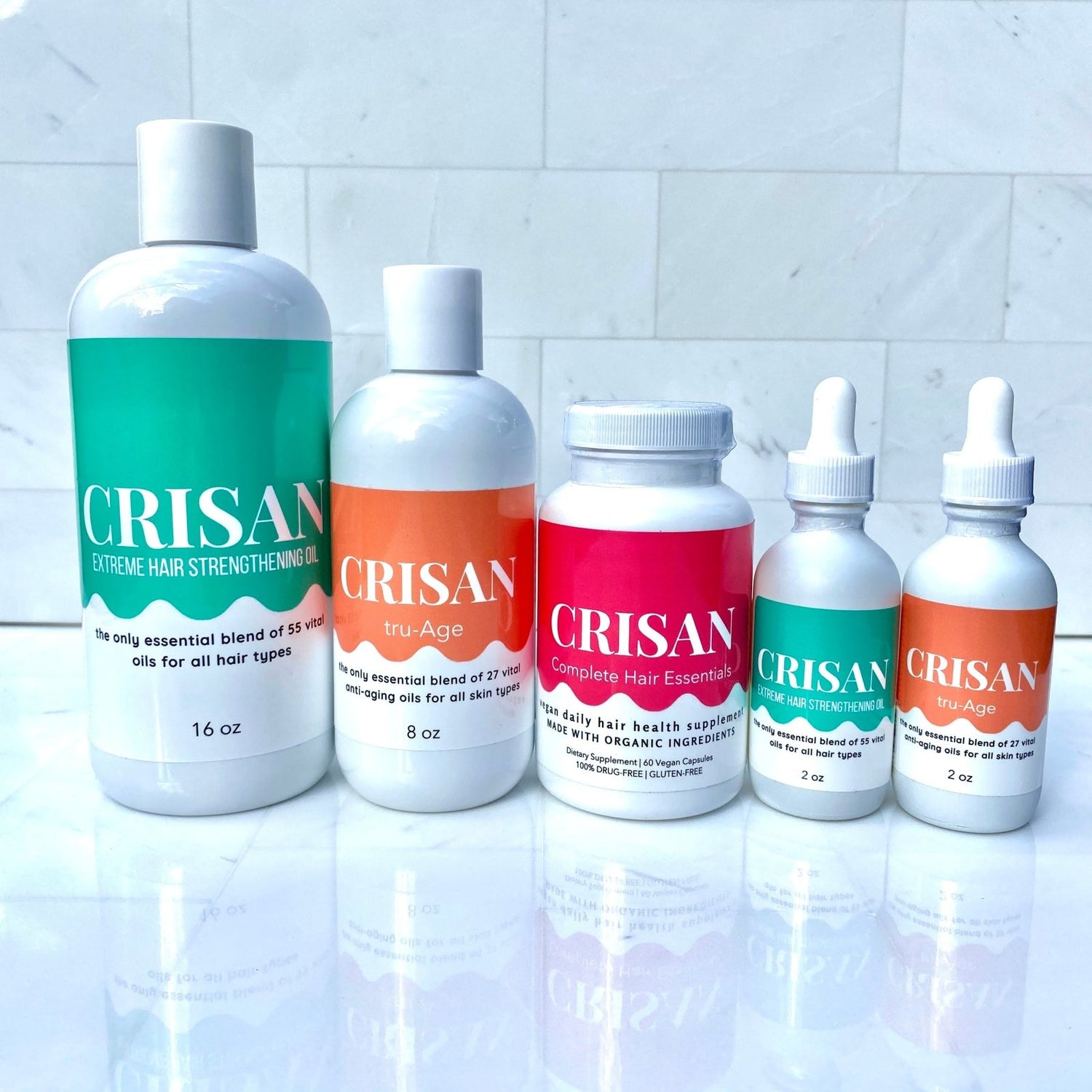Hair thinning is a common concern for many individuals, often leading to a search for effective solutions to promote hair growth and improve hair health. Among the various remedies, hair oils have gained significant attention for their potential benefits. This article explores some of the best hair oils for hair thinning, backed by scientific evidence and user experiences.
Key Takeaways
- Jojoba oil is effective in reducing protein loss and hair breakage, making it a natural solution for hair thinning.
- Avocado oil is rich in vitamin E and other nutrients that nourish and strengthen hair, promoting smoother and shinier hair.
- Coconut oil is a popular choice due to its ability to keep the scalp healthy and protect hair from damage.
- Choosing the right hair oil involves considering factors such as hair type, specific needs, and expert recommendations.
- Combining different hair oils can offer optimal results, but it's important to follow proper precautions and tips.
Understanding Hair Thinning and Its Causes
Hair thinning can be a distressing experience, affecting both men and women. Understanding the underlying causes is crucial for finding the right solution. Common reasons for hair thinning include genetic factors, hormonal imbalances, nutritional deficiencies, and underlying illnesses such as autoimmune conditions.
Common Reasons for Hair Thinning
Hair thinning can be attributed to various factors, including:
- Genetic predisposition
- Hormonal changes, such as those occurring during menopause or pregnancy
- Nutritional deficiencies, particularly in vitamins and minerals
- Underlying illnesses, including autoimmune conditions like lupus
- Stress and lifestyle factors
How Hair Oils Can Help
Hair oils can play a significant role in managing hair thinning. They nourish the scalp, strengthen hair follicles, and improve overall hair health. Some oils, like jojoba and avocado oil, have been shown to reduce hair breakage and promote hair growth.
When to Seek Professional Advice
If you notice excessive hair thinning or shedding, it may be time to seek professional advice. A healthcare provider can help identify any underlying conditions and recommend appropriate treatments. It's essential to address the issue early to prevent further hair loss and maintain healthy hair.
For those struggling with hair thinning, creating an organic hair care routine can be beneficial. Consider learning how to choose organic shampoo for thinning hair and how to apply organic conditioner for hair thinning to support your hair health.
In summary, understanding the causes of hair thinning and exploring natural remedies like hair oils can make a significant difference. Don't hesitate to seek professional advice if needed and consider incorporating organic products into your hair care routine.
Jojoba Oil: A Natural Solution for Hair Thinning
Benefits of Jojoba Oil
Jojoba oil is renowned for its moisturizing properties, which can help strengthen your hair and prevent breakage. It effectively penetrates the hair follicle, reducing protein loss that can contribute to thinning hair. Additionally, jojoba oil can moisturize your dry scalp and treat dandruff, making it a versatile solution for various hair concerns.
How to Use Jojoba Oil
To use jojoba oil for your hair, follow these steps:
- Use 1 tablespoon for short hair or 2 tablespoons for long hair.
- Warm up the oil in the microwave (ensure it doesn’t get too hot!).
- Apply to the top of the scalp.
- Work the oil through hair strands, right to the tips.
- Leave for 20 minutes.
- Wash the oil out with shampoo and conditioner.
Scientific Evidence Supporting Jojoba Oil
A 2021 study from Egypt concluded that jojoba oil effectively penetrates the hair follicle, reducing protein loss and hair breakage. While there has been no research to prove that jojoba oil can directly improve hair growth, it can carry the active ingredients that facilitate that process.
Jojoba oil is also excellent for micro-emulsion, meaning it can be used in hair loss shampoos to carry active ingredients and make them easier for the skin to absorb.
Avocado Oil: Nourishing and Strengthening
Nutritional Benefits of Avocado Oil
Avocados are a rich source of vitamin E, an antioxidant compound found to fight hair loss when taken in supplement form. While it is unclear whether avocado oil can prevent hair loss when applied to the scalp, it is known to contain fatty acids and minerals that help seal the outermost layer of hair strands (called the cuticle). This can help your hair look smoother and shinier and prevent it from breaking.
Application Tips for Avocado Oil
To get the most out of avocado oil, apply it directly to your scalp and hair. Massage gently to ensure even distribution and allow the oil to penetrate the hair follicles. Leave it on for at least 30 minutes before washing it out with a mild shampoo. For best results, use this treatment once or twice a week.
User Experiences with Avocado Oil
Many users have reported positive results after incorporating avocado oil into their hair care routine. They have noticed improvements in hair texture, reduced frizz, and a healthier scalp. Some users also appreciate the natural and chemical-free aspect of using avocado oil for hair care.
Avocado oil is a versatile and nourishing option for those looking to improve their hair health. Its natural properties make it a gentle yet effective solution for various hair concerns.
Coconut Oil: A Popular Choice for Hair Health
Why Coconut Oil is Effective
Coconut oil is one of the most popular hair oils because it is incredibly effective. It is thought by many to increase hair growth and prevent hair loss. Coconut oil helps keep your scalp healthy, which is essential for preventing dandruff and other conditions. Additionally, coconut oil offers increased hair protection from day-to-day abrasive and heat damage, chemical attack, and the drying effects of shampoos. It’s a great oil to include in your daily or weekly hair routine.
Best Practices for Using Coconut Oil
- Buy coconut oil that is in a solid or semi-solid state.
- Place in a jar and add hot water.
- Wait for coconut oil to turn to liquid.
- Dampen your hair with warm water.
- Pour some coconut oil into your hands and apply directly to your hair roots.
- Cover the entire scalp.
- Massage the coconut oil into your scalp for 2–3 minutes.
- Leave oiled hair in a shower cap for at least 30 minutes.
- Wash the oil out with shampoo.
Potential Drawbacks of Coconut Oil
While coconut oil is widely favored for its moisture-boosting properties, it is important to note that many of the claims about its benefits are anecdotal. This means they lack scientific studies to back them up. However, a study in 2003 tested whether coconut oil had any effect on preventing hair damage and found that coconut oil helped stop damage to various types of hair made through combing.
Coconut oil is a natural oil used to keep hair healthy and moisturized. It has several health benefits including preventing dry scalp and reducing breakage.
Choosing the Right Hair Oil for Your Needs
Selecting the perfect hair oil can be a daunting task, especially with the myriad of options available. Understanding your unique hair type and concerns is crucial in making an informed decision. Here are some factors to consider when choosing the right hair oil for your needs:
Factors to Consider
- Hair Type: Different oils work better for different hair types. For instance, lighter oils like jojoba are ideal for fine hair, while thicker oils like castor oil are better suited for coarse hair.
- Hair Concerns: Identify your primary hair concerns, such as dryness, frizz, or thinning. This will help you select an oil that targets your specific needs.
- Ingredients: Look for oils with natural, plant-based ingredients. Avoid products with synthetic additives that can cause more harm than good.
- Scalp Health: Consider the health of your scalp. Some oils, like tea tree oil, have antimicrobial properties that can help with scalp issues.
Expert Recommendations
Experts often recommend starting with a small amount of oil to see how your hair responds. Here are some top picks:
- Jojoba Oil: Great for moisturizing and mimicking the scalp's natural oils.
- Avocado Oil: Rich in nutrients and excellent for deep conditioning.
- Coconut Oil: Popular for its versatility and ability to penetrate the hair shaft.
Personalizing Your Hair Care Routine
Creating a personalized hair care routine involves trial and error. Start by incorporating one type of oil and observe how your hair reacts. You can then adjust the quantity and frequency based on your hair's needs. Remember, consistency is key to seeing results.
Taking the time to understand your hair's unique needs can lead to healthier, more vibrant hair. Don't be afraid to experiment and find what works best for you.
By considering these factors and expert recommendations, you can make an informed choice and find the best hair oil for your needs.
Combining Hair Oils for Optimal Results
When it comes to achieving the best results for your hair, combining different oils can be a game-changer. Experimenting with oil blends allows you to target multiple hair concerns and enhance the overall health of your hair. By blending oils with complementary properties, you can create a potent elixir that nourishes, strengthens, and revitalizes your hair from root to tip. Understanding the unique benefits of each oil and how they interact can help you tailor your hair care routine for maximum effectiveness. Whether you're looking to promote hair growth, combat dryness, or improve hair texture, blending oils strategically can address your specific needs.
Unlock the full potential of your hair by combining our premium hair oils for optimal results. Whether you're looking to strengthen, nourish, or add shine, our curated selection has something for everyone. Visit our website to explore our range and discover the perfect blend for your hair care routine.
Conclusion
In conclusion, choosing the right hair oil can make a significant difference in addressing hair thinning and promoting hair growth. From the scientifically-backed benefits of jojoba oil to the nourishing properties of avocado oil, there are numerous options available to suit different hair types and needs. Incorporating these oils into your hair care routine can help strengthen your hair, reduce breakage, and enhance overall hair health. Remember, consistency is key, and it’s important to choose products that align with your specific hair concerns. Consult with a dermatologist if you have any doubts or need personalized advice. With the right approach and care, you can work towards achieving healthier, fuller hair.
Frequently Asked Questions
What are the best oils for hair growth?
Some of the best oils for hair growth include jojoba oil, avocado oil, and coconut oil. These oils have been shown to promote hair growth, strengthen hair strands, and prevent thinning.
Do hair-growth oils really work?
Research suggests that certain oils can promote hair growth. Massaging oil into your scalp can stimulate collagen production, strengthen hair strands, and prevent thinning hair.
How does jojoba oil help with hair thinning?
A 2021 study from Egypt concluded that jojoba oil effectively penetrates the hair follicle, reducing protein loss that can contribute to thinning hair. It also appears to reduce hair breakage and strip body oils (sebum) that can leave your hair looking greasy.
What are the nutritional benefits of avocado oil for hair?
Avocado oil is a rich source of vitamin E, an antioxidant compound found to fight hair loss when taken in supplement form. It also nourishes and strengthens hair, making it smoother and shinier.
Why is coconut oil effective for hair health?
Coconut oil is thought to increase hair growth and prevent hair loss by keeping the scalp healthy. It offers increased hair protection from abrasive and heat damage, chemical attacks, and the drying effects of shampoos.
Can I combine different hair oils for better results?
Yes, combining different hair oils can provide optimal results. Creating your own blend can offer a range of benefits, but it's important to follow precautions and tips to ensure the best outcome.


